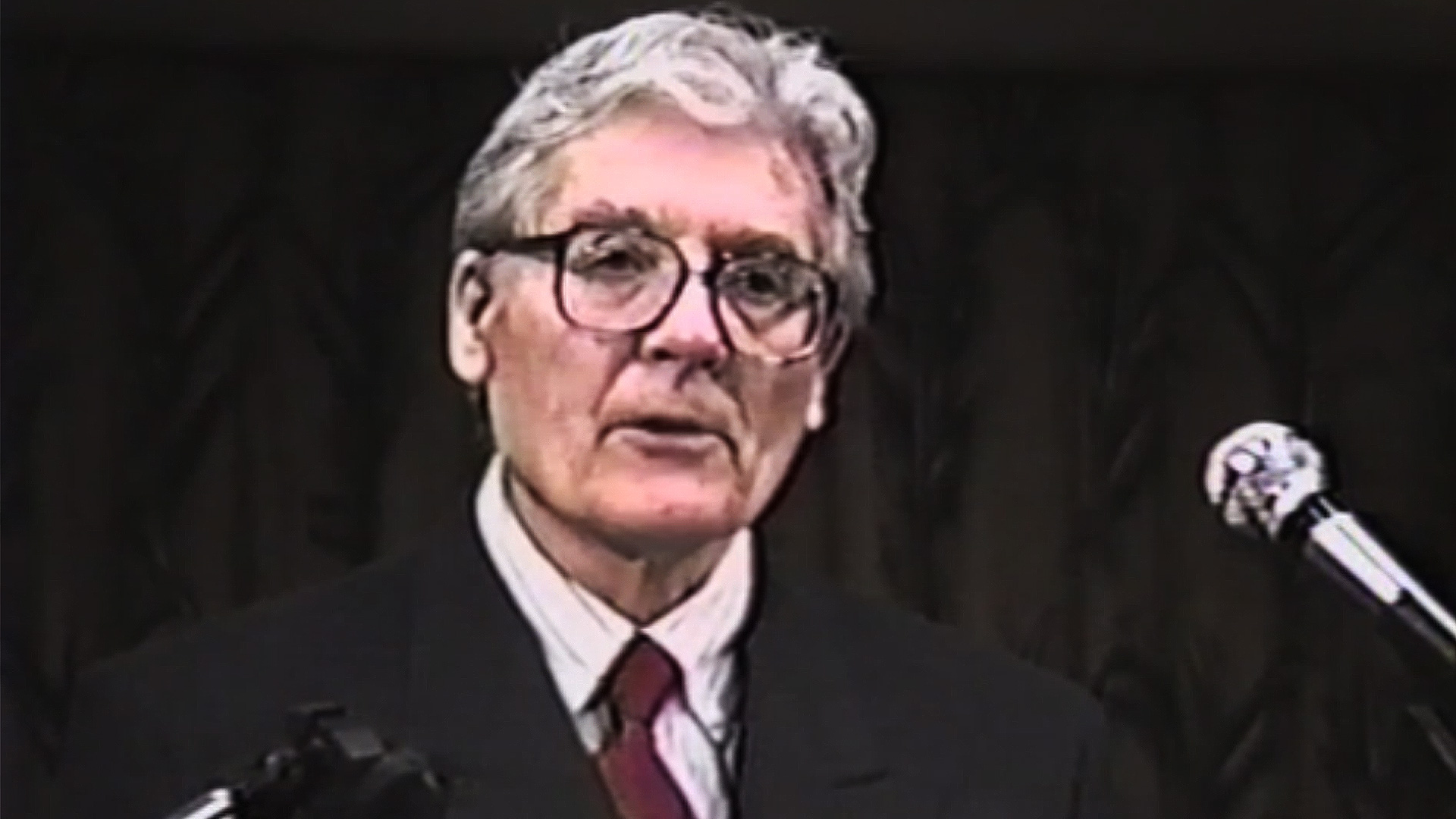James Lovelock speaks Planetary Stewardship 1991
James Lovelock visits the University of Kansas in 1991 to deliver a guest lecture on his still-controversial and provocative Gaia Hypothesis.
For a historical perspective on climate progress, James Lovelock talked at The University of Kansas, addressing our responsibility in light of global warming, almost 3 decades ago in 1991.
Esteemed environmental scientist and futurist James Lovelock visits the University of Kansas in 1991 to deliver a guest lecture on his still-controversial and provocative Gaia Hypothesis. This lecture should be of interest to both SF fans and scholars, for his speculative forethought about the fate of the planet and the biosphere, and for anyone interested in the environmental sciences and the topics and ideas that have helped to form the backbone of history and ideas for that field of study.
Full release at https://archive.org/details/JAMESLOVELOCKKU
Related
- Earthrise image by NASA https://www.nasa.gov/multimedia/imagegallery/image_feature_1249.html
- Deforestation around the Panama Canal https://earthobservatory.nasa.gov/IOTD/view.php?id=5534
- Panama Canal getting shallower due to El Niño drought, ships warned https://www.theguardian.com/world/2016/mar/22/panama-canal-getting-shallower-due-to-el-nino-drought-ships-warned
- Crackdown Stems the Destruction of Amazon Forest (1990 article) http://articles.latimes.com/1990-09-28/news/mn-1208_1_amazon-forest-destruction
